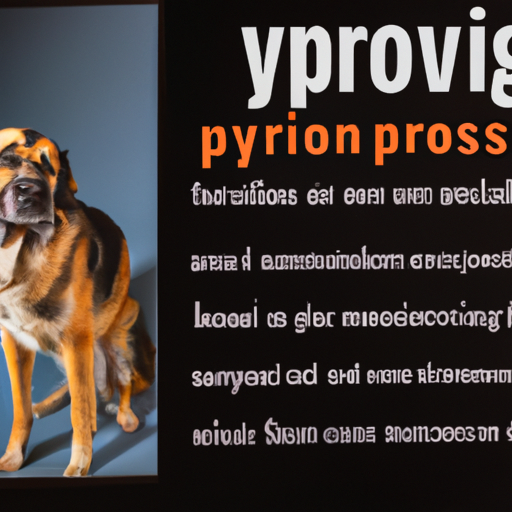Introduction
You are a devoted caregiver to your furry friend. You understand the joy, companionship, and unconditional love that comes with being a pet owner. However, with this responsibility comes the need to be aware of potential health threats that can affect your beloved pet. One such threat is canine parvovirus, commonly known as parvo.
What is Parvo?
Parvo is a highly contagious virus that affects dogs, particularly puppies. The virus attacks the dog’s intestinal tract and white blood cells, leading to severe gastroenteritis, dehydration, and can even result in death if left untreated.
Recognizing The Symptoms
Being well-acquainted with the signs and symptoms of parvo is crucial for early detection and treatment. Here are some symptoms you should watch out for:
- Loss of Appetite: Affected dogs often lose their appetite, which can be an early sign of the virus.
- Vomiting: Frequent vomiting, sometimes bloody, is a hallmark symptom of parvo.
- Bloody Diarrhea: Parvo severely affects the intestinal tract, causing bloody diarrhea.
- Lethargy: Dogs with parvo often exhibit decreased energy and activity levels.
- Fever: Parvo can also cause an increase in body temperature.
These symptoms might not appear all at once, but a combination of any of these should warrant a visit to the vet.
How Parvo is Diagnosed
The symptoms of parvo can be similar to other illnesses, so it’s vital for a veterinarian to confirm the diagnosis. This is typically done through a combination of physical examination, history, and laboratory tests. A common test for parvo is the fecal ELISA, which can detect parvovirus in the dog’s feces.
| Method | Description |
|---|---|
| Physical Examination | Checking for signs of illness, like dehydration or fever |
| History | Asking about the dog’s exposure to parvo or unvaccinated dogs |
| Fecal ELISA | A quick test that can detect parvovirus in the dog’s feces |
Treating Parvo
If your dog is diagnosed with parvo, immediate treatment is crucial. This usually involves supportive care, such as fluid therapy to combat dehydration, antibiotics to prevent secondary infections, and medications to control vomiting and diarrhea. It’s important to note that there is no specific antiviral treatment for parvo; the aim is to support the dog’s body as it fights off the virus.
Frequently Asked Questions
Q: Can parvo be prevented?
A: Yes, vaccination is the most effective way to prevent parvo.
Q: Is parvo contagious to humans?
A: No, parvo is a canine virus and does not affect humans.
Q: How long does parvo last?
A: If treated promptly, most dogs recover in about a week.
Q: Can adult dogs get parvo?
A: Yes, while puppies are more susceptible, adult dogs can also get parvo.
In conclusion, as a caregiver, your role is crucial in recognizing the signs of parvo and seeking timely medical intervention. Your vigilance can save your dog’s life. Always remember, when it comes to parvo, it’s always better to be safe than sorry!



